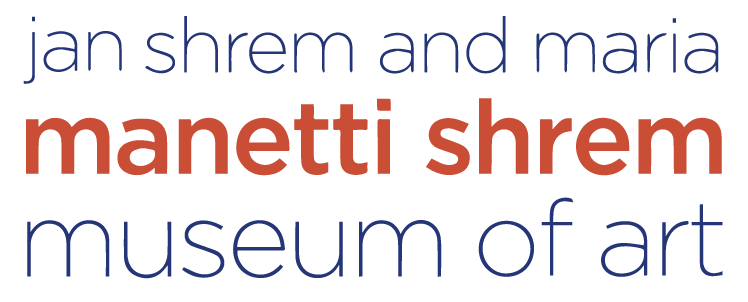The international effects of imperialism and colonization are vital to Montoya’s activist images. Through political graphics, Chicana/o/x artists disrupt mainstream media’s version of global politics in areas such as Latin America and Asia. Provocative visual interpretations revisit the U.S. involvement in international bloodshed and missile strikes, emphasizing the breadth of attacks and questioning the turbulent realities of the nation’s hallmark patriotism. Often Chicana/o/x artists employ portraiture as a radical pedagogy by uplifting historical figures villainized by U.S. media or apoliticized for national narratives. The persistent efforts to acknowledge imperial atrocities is a subversive anti-war approach to provoke and educate viewers about silenced global histories.
Research
Jeanette B. Ruiz is an assistant professor of teaching in the UC Davis Department of Communication. She is a UC Davis CAMPOS Faculty sScholar who specializes in strategic communication with a specific interest in emerging practices and concepts in digital and social media. Currently, she is serving as the faculty lead for the UC Davis First-Gen Initiative. Most recently, she was honored with the UC Davis Distinguished Teaching Award. Ruiz’s recommendation stems from her undergraduate course on race and media, and more specifically, the often distorted manner in which the media presents global politics as is critiqued by the works in this section of the exhibition.
- Hall, Stuart. “The Whites of their Eyes: Racist Ideologies and the Media.” In Silver Linings: Some Strategies edited by G. Bridges and R. Brunt, London: Lawrence and Wishart Lt.. 1981 (PDF).
- Herman, E., & Chomsky, N. (2012). 17 A Propaganda Model. Media and cultural studies: Keyworks, 204 (pdf).
- Kuo, R., & Marwick, A. (2021). “Critical disinformation studies: History, power, and politics.” Harvard Kennedy School (HKS) Misinformation Review, 2(4). (PDF).
- Lopez, Lori Kido. “Racism and Mainstream Media.” In Race and Media: Critical Approaches, edited by Lori Kido Lopez, 13–26. NYU Press, 2020 (pdf).
- Ott, Brian L. and Robert L. Mack. “Introducing Critical Studies.” In Critical Media Studies : An Introduction, edited by Brian L. Ott and Robert L. Mack, 1-20. John Wiley & Sons, Inc., 2014.
Marian Schlotterbeck is an associate professor in the UC Davis Department of History specializing in modern Latin America, specifically, 20th century Chile. Her first book, Beyond the Vanguard: Everyday Revolutionaries in Allende’s Chile (University of California Press, May 2018), is about radical politics in the decade before the Augusto Pinochet dictatorship and her next book-length research project, Making Neoliberal Citizens: Childhood in Pinochet’s Chile (1973-1990), examines the Chilean military dictatorship through the lens of childhood. Professor Schlotterbeck has selected these readings to further elucidate the overthrow of the Chilean government by General Augusto Pinochet and response through graphic images.
- Veronica Diaz-Cerda, “General Pinochet arrest: 20 years on, here’s how it changed global justice,” The Conversation, 2018.
- Boris van der Spek, “20 years ago, Pinochet was arrested in London,” Chile Today, 2018.
- Naomi Roht-Arriaza, The Pinochet Effect: Transnational Justice in the Age of Human Rights. Philadelphia: University of Pennsylvania, 2006.
- Jessica Stites Mor ed. The Art of Solidarity: Visual and Performative Cultures in Cold War Latin America. Austin: University of Texas, 2018.
- A UCLA archival selection of posters from the graphic workshop Tallersol Cultural Center in Santiago Chile that contains over eight thousand printed items that were produced between 1973 and the present day.
- A blog devoted to the graphic workshop Tallersol Cultural Centre: Memories of Resistance in Santiago, Chile.
- The non-profit National Security Archive’s Chile Documentation Project is a repository of declassified U.S. government documents that shed light on questions of accountability and provide much-needed documentation to pursue truth and justice.
